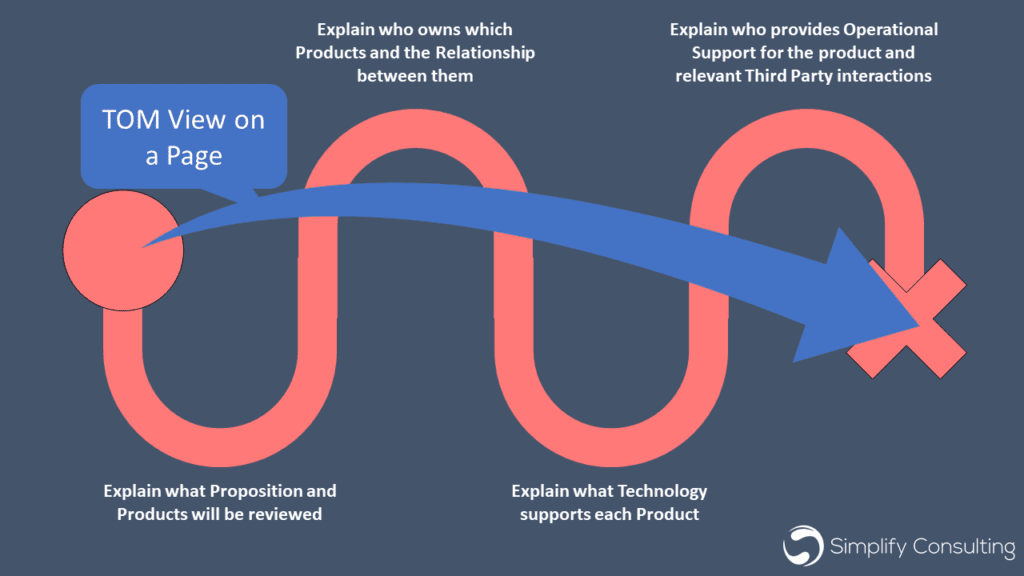The last year has seen attention given to the issue of providing daily dealing on funds where the underlying assets are difficult to liquidate and value daily. The funds, which invest in property and other types of illiquid assets, such as unlisted equities, have seen widescale suspensions. A high proportion of illiquid assets make a fund more vulnerable to periods of market volatility as large withdrawals are made, and the capital within the fund is slow to be released.
The last year has seen a perfect storm of underlying structural changes in the commercial property market, combine with the twin issues of Brexit and Covid-19 to cause investor confidence to fall off a cliff, causing funds to struggle with the withdrawals being made. The M&G Property Fund, for example, has been suspended since December 2019.
In September 2019, the issue of fund suspensions became mainstream news as the Woodford Fund suffered from focusing their investment strategy on illiquid assets with potentially high returns. For those investors within the Woodford Fund at the time, this issue rumbles on as the assets are slowly released from the portfolio. The most illiquid assets have yet to be sold, and investors have little information about the true value of their holdings, and the timeline for getting investment back.
Recently the FCA published a second consultation driven by the issue of illiquid assets, with the focus this time on UK Property Funds. The FCA has proposed a set notice period between redemption instructions and execution, with the aim of reducing the risk of fund suspensions caused by large withdrawals.
Key Facts:
- There are currently around £10bn under management in UK Property Funds under suspension
- Fees charges on suspended funds have been calculated at about £10m a month, with only a minority charging a reduced management charge during suspension. (https://www.ft.com/content/2a35a372-82f4-4f09-836c-6004bf667f20) – 24/08/2020
- Those that have managed to lif their suspensions have typically invested less in bricks and mortars, with more invested in equities and cash
Why Suspend Funds?
Fund suspensions are usually a result of one or more of:
- Large withdrawals being made on a fund with limited liquid assets. The fund is unable to meet the withdrawal demands and needs to suspend dealing whilst the illiquid assets are sold.
- To protect remaining investors from worse outcomes. The fund has a duty to ensure that those investors that remain are not negatively impacted by other investors’ actions.
- Where the underlying assets held by a fund cannot be reliably valued, which in turn means the fund itself cannot be valued when withdrawals are being made.
The large scale, long-lasting suspensions across UK Property Funds have been caused by a combination of all three of these factors.
The FCA have already announced changes to how liquidity risks and the circumstances which could lead to a suspension are communicated to investors. These changes are imminent, coming into effect at the end of September 2020. These changes should help increase investor education, which is key to manage expectations and reduce the risks of further runs on these funds.
Property funds, which invest predominately in commercial property, such as offices, retail space and industrial space, have seen their assets steadily reduce in value, and incomes diminish over the last couple of years. Lower demand and occupancy in commercial property was an existing trend, but Covid-19 has accelerated this drop in demand as working from home becomes uniform for many industries, whilst retail has seen multiple companies falling into administration. These underlying issues seem here to stay. Any potential Covid-19 vaccine is unlikely to fully reverse the trend towards more working from home, and certainly will not reverse the fortunes of the traditional high street. Investors also have a potential no-deal Brexit to look forward to at the end of the year as well.
It seems sensible to look for long term solutions to an embedded problem.
What are the FCA Proposing?
The FCA are proposing in their latest consultation there would be:
- A mandatory notice period, up to 180 days, for redemptions in certain funds;
- The affected funds would be non-UCITS retail schemes (NURS) that invest at least half of their capital in illiquid assets, these would be classified as Funds Predominately Invested in Property (FPIPs);
- The investor would have to wait for a set period (potentially up to 180 days) from instruction of a redemption order before it is executed and a price provided;
- There would be no option to cancel within the notice period;
- The instruction would have to be recorded, but not processed until the 180 days had elapsed.
These changes are intended to build upon the changes already agreed within the previous FCA Policy Statement (PS19/24) for Funds Investing in Inherently Illiquid Assets (FIIAs). These changes will come into effect on 30th September 2020.
The latest consultation was published on 3rd August 2020, and the FCA are requesting comments by 3rd November 2020, with a policy statement expected sometime in 2021.
What are the benefits?
Primarily, will these changes lead to a reduction in long-term suspensions? The answer seems to be yes, as investors switch their focus away from short term factors, and instead focus on the long term. This should reduce the volatility of the market, and the potential for large scale sell offs. The issue with pricing underlying assets will remain however during these times of crises, but the changes should mean the length of any suspensions are shorter.
Furthermore, funds should have less need to leave cash in reserve to deal with withdrawals. Increasing the amount of a fund’s capital that can be put to work in the market will hopefully lead to better returns for those that remain invested.
And the problems?
As ever, the move also comes with negatives. Reducing investors’ access to their assets is not a move to be made lightly. The difference in time between instruction and execution limits investors ability to make informed decisions. As we have seen in recent months, during a period of large-scale global change, 180 days can be a long time when waiting for your assets to be priced.
As an example, 6 months prior to the FCA publishing their consultation on 3rd August, the WHO had yet to declare the coronavirus a pandemic. On 3rd February, The FTSE100 closed on 7326.31, within 6 weeks, it had set a low of 4898.79 on 16th March. By 3rd August 2020, it had rebounded to 6032.85 at the close. If they pick the wrong time to withdraw, an investor could be in for a bumpy ride during their notice period as they watch the market move, with no way of changing their mind.
Thought will also be needed to how regular withdrawals are made from these investments, such as a pension in drawdown. It could mean that investors need to sell their shares and hold more cash earlier in the process so the amount they are withdrawing is definitely available when its needed. Any automated system activity could need updating to cope with not only ensuring funds are available for the next payment, but to look in to the future and plan for payments over the next 6 months.
The changes could also impact the affected funds qualification to be held in certain products. The FCA have admitted that it could mean that these funds can no longer be held in stocks & shares ISAs. They will also be classified as non-standard assets for SIPPs. The amount of capital needed to be held to cover this, would likely mean that providers are not going to accept them. Furthermore, SIPP providers will need to confirm how they will deal with property funds left in SIPPs if and when this new regulation comes in to force. Whilst many advisers may be keen to move away from property, they could take the view that these funds remain suitable as long term investments. SIPP providers on the other hand will be keen to reduce the amount of capital they need to set aside for non-standard assets, and would prefer any existing holdings to be switched out.
It may also be that platforms would no longer be willing to offer the affected funds. All things considered it could mean these funds are no longer suitable for retail investors, with some predicting the end of the property funds altogether. (https://www.ftadviser.com/investments/2020/08/03/fca-s-180-day-rule-spells-the-end-for-property-funds/)
What’s next?
For those providers or products that continue to allow these funds, consideration will need to be given to how they introduce a process that holds the instruction for 180 days, whilst still placing the orders within timely execution rules. At the same time, the customer will need clarity on the process and when they will receive confirmation of execution.
The current situation is not sustainable. Nobody wants to see suspensions, especially for the lengths of time we have seen recently. Investor education must be key to any solution, and if this helps raise awareness of the economic realities of investing in property funds, then that must be seen as positive.
The counterargument could be that it is not yet clear what the impact of the previously announced changes will be when they are introduced at the end of September. However, it is not until investors are confronted by a lack of access to their funds that attitudes will really start to change.
Another note of caution could be that whilst we, and the markets, have gone through a sustained period of instability, this will not go on indefinitely. Once the current crises have subsided, a new equilibrium may be established. There could be a risk that this new change could undermine the positive steps taken so far, increasing the burden on these funds at an already difficult time, without experiencing the payoff that may come next when, we hope, move past the current crises and back to a less volatile world.

Dom House – Lead Consultant







































































































































































































































